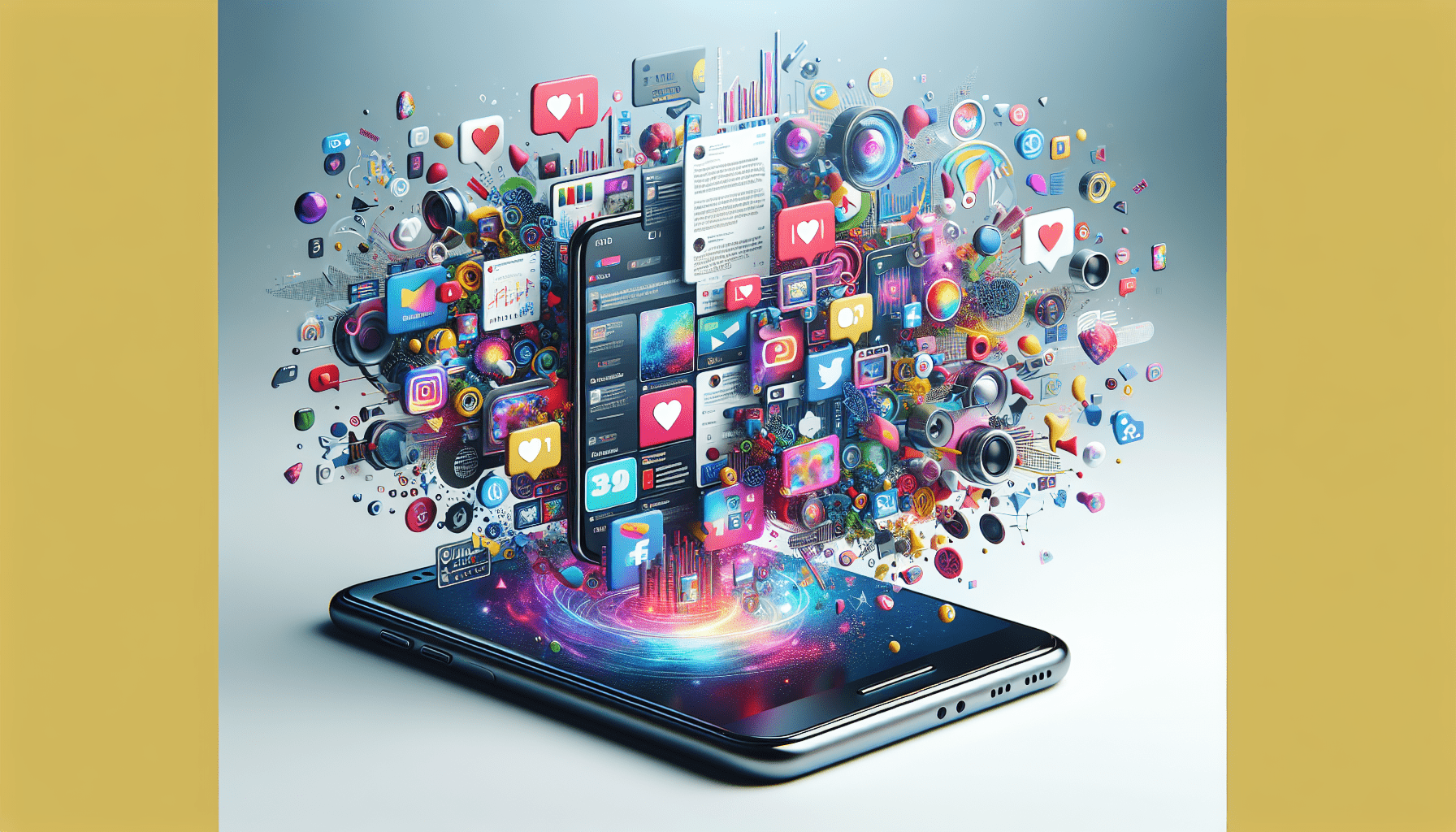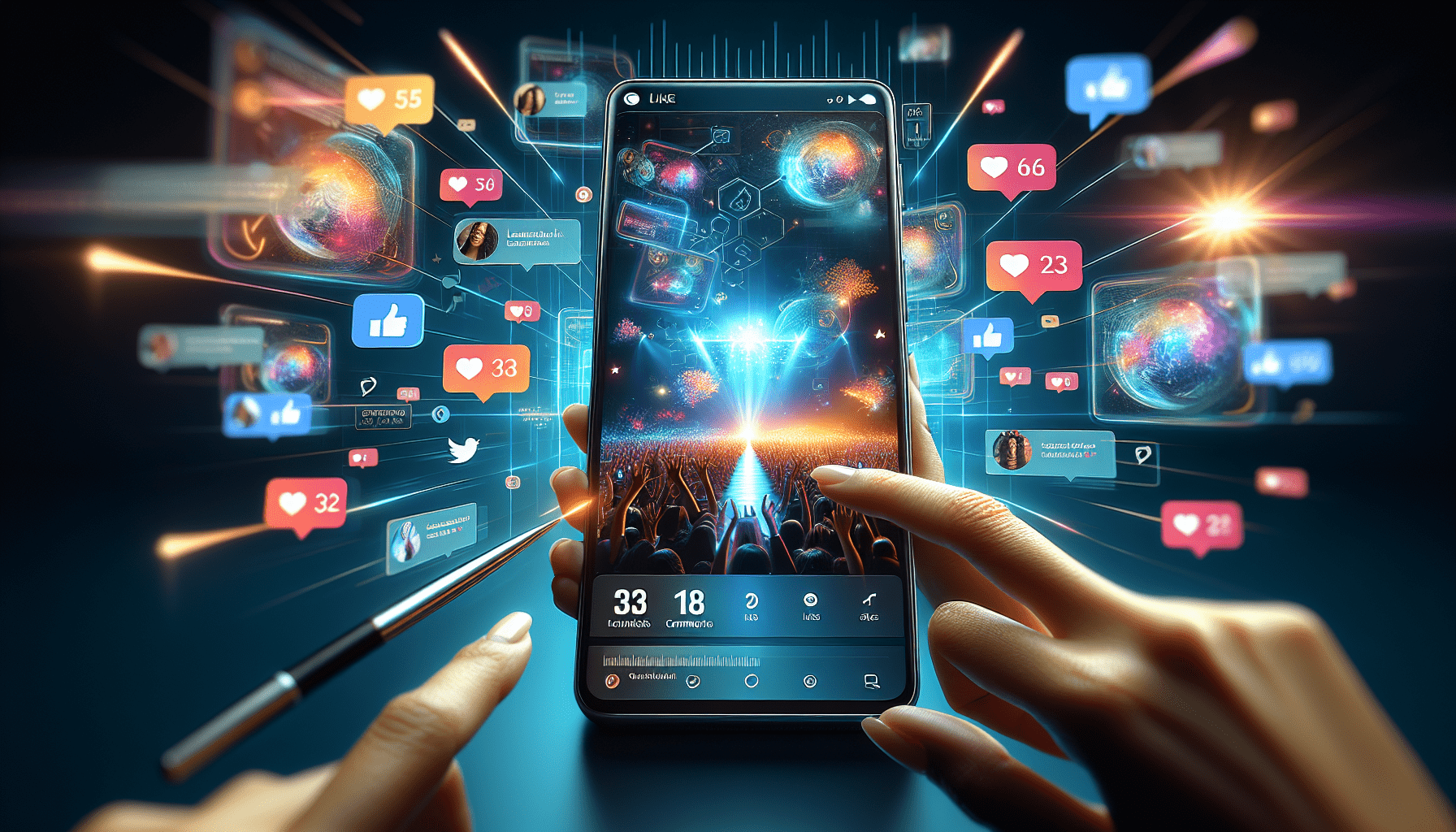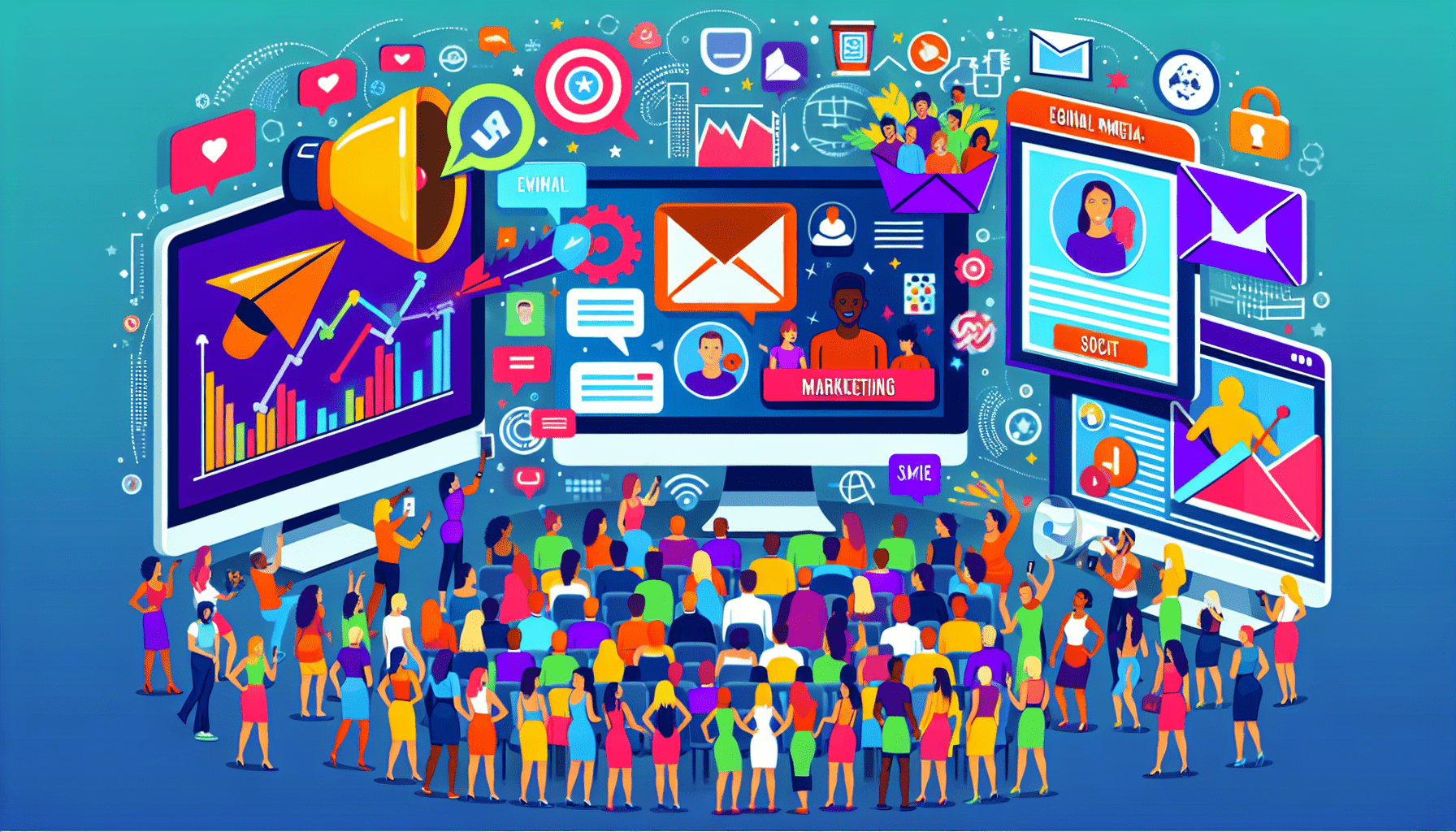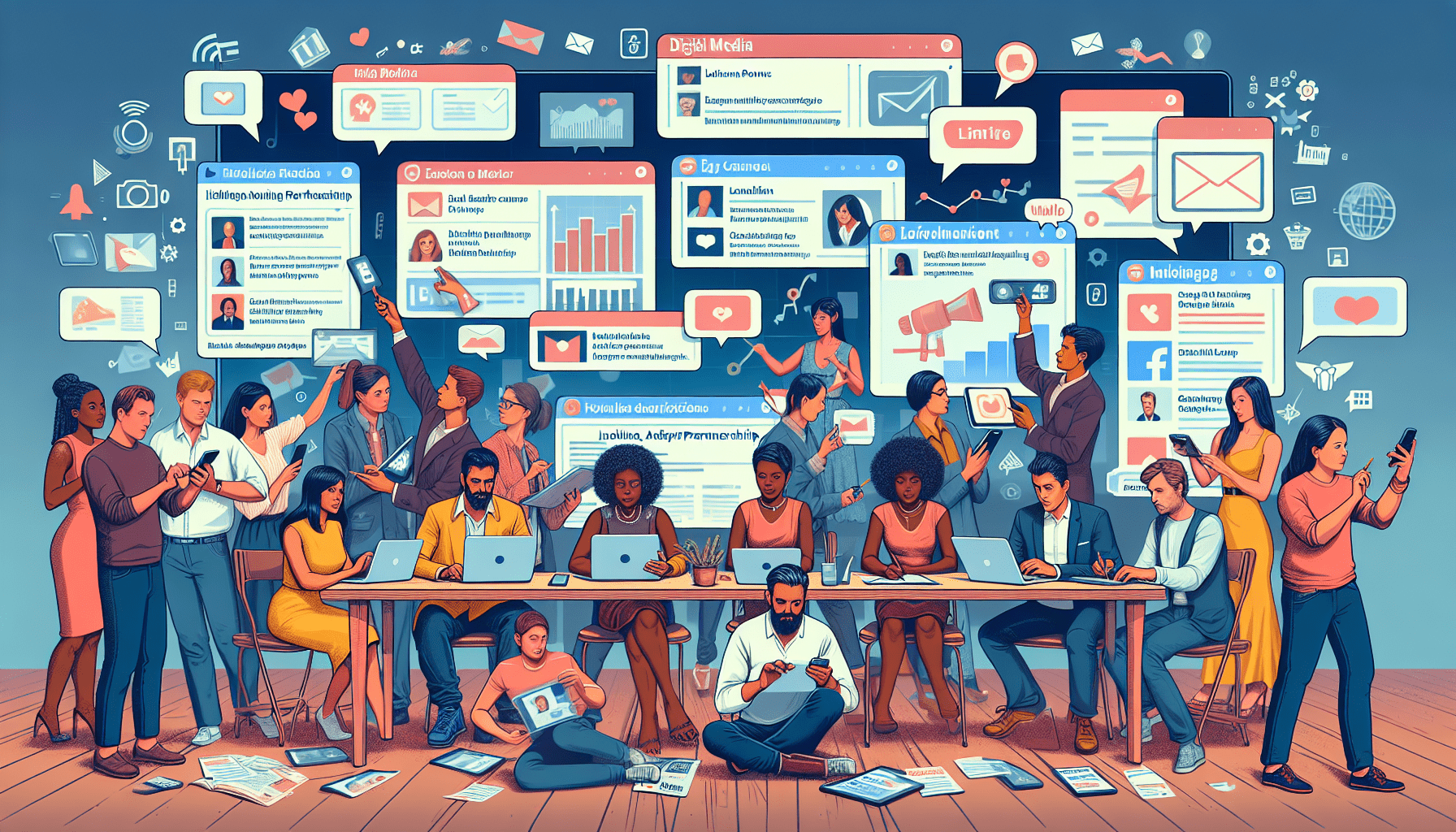Strategies For Leveraging Digital Media In Event Marketing
Have you ever wondered how you can effectively use digital media to promote and market your upcoming events? In today’s digital age, leveraging various online platforms can significantly boost your event’s visibility and attendance. This article will provide you with detailed strategies on how to maximize the use of digital media in your event marketing efforts.
Understanding The Power Of Digital Media
Digital media encompasses various online platforms, including social media, websites, email marketing, and online advertising. In today’s highly connected world, utilizing digital media is crucial for reaching a wide audience and engaging with potential event attendees. By understanding the power of digital media, you can effectively promote your event and drive attendance.
Establishing Clear Goals
Before diving into your event marketing efforts, it is essential to establish clear goals for your digital media strategy. Are you aiming to increase event registration numbers, generate buzz around your event, or drive traffic to your event website? By determining your goals upfront, you can tailor your digital media efforts to meet specific objectives and track your success effectively.

Creating Engaging Content
One of the key strategies for leveraging digital media in event marketing is creating engaging and relevant content for your target audience. Whether it’s social media posts, blog articles, or email newsletters, your content should be informative, entertaining, and share-worthy. By providing value to your audience through compelling content, you can attract more attendees to your event.
Utilizing Social Media Platforms
Social media platforms are powerful tools for promoting events and engaging with your audience in real-time. Whether it’s Facebook, Twitter, Instagram, or LinkedIn, each platform offers unique features for connecting with potential event attendees. By utilizing social media effectively, you can create buzz around your event, drive ticket sales, and interact with attendees before, during, and after the event.
Facebook is one of the most popular social media platforms for event marketing, with its event pages, targeting capabilities, and advertising options. You can create a dedicated event page, invite users, share event updates, and even run targeted ads to reach a specific audience. By leveraging Facebook for your event marketing, you can maximize visibility and engagement with potential attendees.
Twitter is another great platform for promoting events and engaging with a broader audience through hashtags, retweets, and direct messaging. You can create event-specific hashtags, tweet updates, and interact with users who are interested in attending your event. By utilizing Twitter strategically, you can generate excitement and conversations around your event, leading to increased attendance.
Instagram is a visual platform that is perfect for showcasing event highlights, behind-the-scenes moments, and user-generated content. By posting striking visuals, stories, and reels related to your event, you can attract a younger audience and drive engagement. With features like Instagram Live and IGTV, you can create real-time experiences and interactive content to promote your event effectively.
LinkedIn is a professional networking platform that is ideal for promoting corporate events, conferences, and industry gatherings. By sharing event updates, thought leadership articles, and engaging with industry professionals, you can build credibility and attract a business-focused audience. With LinkedIn’s advertising options, you can target specific companies, job titles, and industries to reach potential event attendees effectively.

Implementing Email Marketing Campaigns
Email marketing is a highly effective strategy for promoting events, sending personalized invites, and driving registrations. By building an email list of past attendees, leads, and subscribers, you can send targeted messages, event reminders, and exclusive offers to encourage attendance. With email automation tools, you can schedule emails, track open rates, and measure the success of your email campaigns.
Enhancing Your Event Website
Your event website serves as a central hub for event information, registration, and updates. By optimizing your website for search engines, mobile devices, and user experience, you can attract more organic traffic and provide a seamless registration process for attendees. Make sure to include clear event details, engaging visuals, and easy-to-find call-to-action buttons on your website to maximize conversions.

Leveraging Online Advertising
Online advertising can be a powerful tool for reaching a broader audience, driving traffic to your event website, and increasing event registrations. Whether it’s Google Ads, social media ads, or display ads, each advertising platform offers unique targeting options for reaching specific demographics and interests. By allocating a budget for online advertising, you can amplify your event marketing efforts and generate a higher ROI.
Tracking And Measuring Success
One of the essential aspects of leveraging digital media in event marketing is tracking and measuring the success of your efforts. By using analytics tools, tracking pixels, and conversion tracking, you can monitor key performance indicators, such as website traffic, social media engagement, email open rates, and ticket sales. By analyzing the data and making data-driven decisions, you can optimize your event marketing strategy for future events.

Conclusion
In conclusion, leveraging digital media in event marketing can significantly impact the success of your events by increasing visibility, driving engagement, and boosting attendance. By understanding the power of digital media, setting clear goals, creating engaging content, utilizing social media platforms, implementing email marketing campaigns, enhancing your event website, leveraging online advertising, and tracking success metrics, you can maximize your event marketing efforts effectively. Remember to stay updated on the latest digital trends and continue to innovate your strategies to stay ahead in the competitive event landscape.
